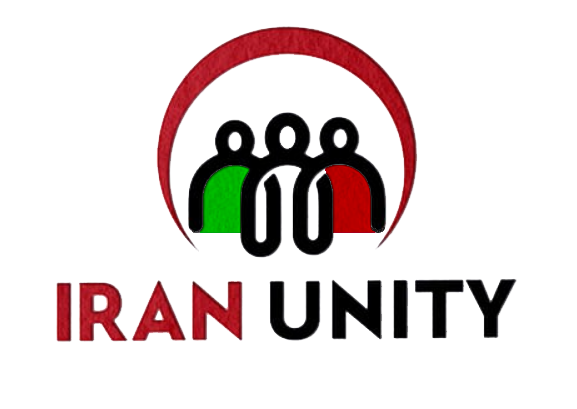GENEVA (8 December 2022) – UN experts today condemned today’s execution of a 23-year-old demonstrator convicted in the context of nationwide protests and raised the alarm about Iranian artists charged for crimes carrying the death penalty.
The young Iranian was hanged on Thursday morning after Tehran Islamic Revolution Court found him guilty of “waging war against God”. So far, official authorities have already confirmed the death sentences against 12 individuals charged with “waging war against God” (moharebeh) and/or “corruption on earth” (efsad-e fel-arz).
“Executions following unfair trials constitute an arbitrary deprivation of life,” they said, urging Iran to establish a moratorium on executions with a view to abolishing the death penalty. The experts recalled that under international law, the death penalty can only be imposed and enforced for offenses that meet the threshold of the most serious crimes, meaning in cases that involve intentional killing, and following a legal process that gives all possible safeguards to ensure a fair trial.
“We fear for the life of Iranian artists who have been indicted on charges carrying the death penalty,” the experts said. They made specific reference to Kurdish rapper Saman Yasin, who has reportedly been sentenced to death after being convicted by the Tehran Islamic Revolution Court on 29 October of “moharebeh” or “waging war against God.” Another rapper Toomaj Salehi was indicted for “spreading corruption on earth,” another charge that carries the death penalty – in court proceedings held behind closed doors and without the presence of his lawyer.
Yasin was arrested on 2 October 2022 in relation to his songs, in which he reportedly criticized the Government, and Toomaj Salehi on 30 October 2022, for posting videos of himself actively asking his followers to participate in demonstrations and for songs criticizing Iranian authorities.
“We are also alarmed by information that the artists are currently being held in solitary confinement and about allegations of torture and ill-treatment against Mr. Toomaj Salehi,”, the experts said. According to the latest information reaching the UN experts, Toomaj Salehi has a broken nose, several broken fingers, and a severely damaged leg.
“These arrests and indictments appear solely to be related to the peaceful exercise of their legitimate right to freedom of artistic expression and creativity. They are only aimed at silencing dissenting voices in the country and constitute undue restrictions on the right of all persons in Iran to enjoy and have access to the arts and to take part in cultural and public life,” the experts said. The experts also reiterated their call for the immediate release of thousands of individuals indicted for their involvement in peaceful demonstrations.
Since the start of the protest, at least 40 Iranian artists, writers, poets, actors, filmmakers, and musicians have been arrested and jailed.
The experts said the vitality of artistic creativity is necessary for the development of vibrant cultures and the functioning of democratic societies. Iran’s current crackdown on protests constitutes a violation of international human rights treaties to which it is a party.
The UN experts have expressed their concerns to the Iranian Government regarding these cases and urged them to halt these violations.
____________________________
Geneva, 22 November 2022.
UN Human Rights Chief Volker Türk says the rising number of deaths from protests in Iran, including those of two children at the weekend, and the hardening of the response by security forces, underline the critical situation in the country.
We urge the authorities to address people’s demands for equality, dignity, and rights – instead of using unnecessary or disproportionate force to suppress the protests. The lack of accountability for gross human rights violations in Iran remains persistent and is contributing to the growing grievances.
Since the nationwide protests began on 16 September, over 300 people have been killed, including more than 40 children. Two 16-year-old boys were among six killed over the weekend. Protesters have been killed in 25 of Iran’s 31 provinces, including more than 100 in Sistan and Baluchistan. Iranian official sources have also reported that a number of security forces have been killed since the start of the protests.
Sources say over 40 people have been killed in mainly Kurdish cities in the past week. Significant numbers of security forces have also been deployed in recent days. Overnight, we received reports of security forces responding forcefully to protests in several mainly Kurdish cities, including Javanrud and Saqqez.
Of particular concern is the authorities’ apparent refusal to release the bodies of those killed to their families or making the release of their bodies conditional on the families not speaking to the media or agreeing to give a false narrative on the cause of death.
Thousands have been detained throughout the country for joining peaceful protests. At least six people connected to the protests have been sentenced to death on charges of moharebeh or “waging war against God”, or efsad-e fel-arz or “corruption on earth”.
At the same time, a growing number of people, including Iranian celebrities and sportswomen, and men who have expressed support for the protests, have been summoned or arrested.
We remind the Iranian authorities that under international human rights law, they have an obligation to respect and ensure the rights to peaceful assembly and to freedom of expression.
We call on the authorities to release all those detained in relation to the exercise of their rights, including the right to peaceful assembly, and to drop the charges against them. Our Office also calls on the Iranian authorities to immediately impose a moratorium on the death penalty and to revoke death sentences issued for crimes not qualifying as the most serious crimes under international law.




